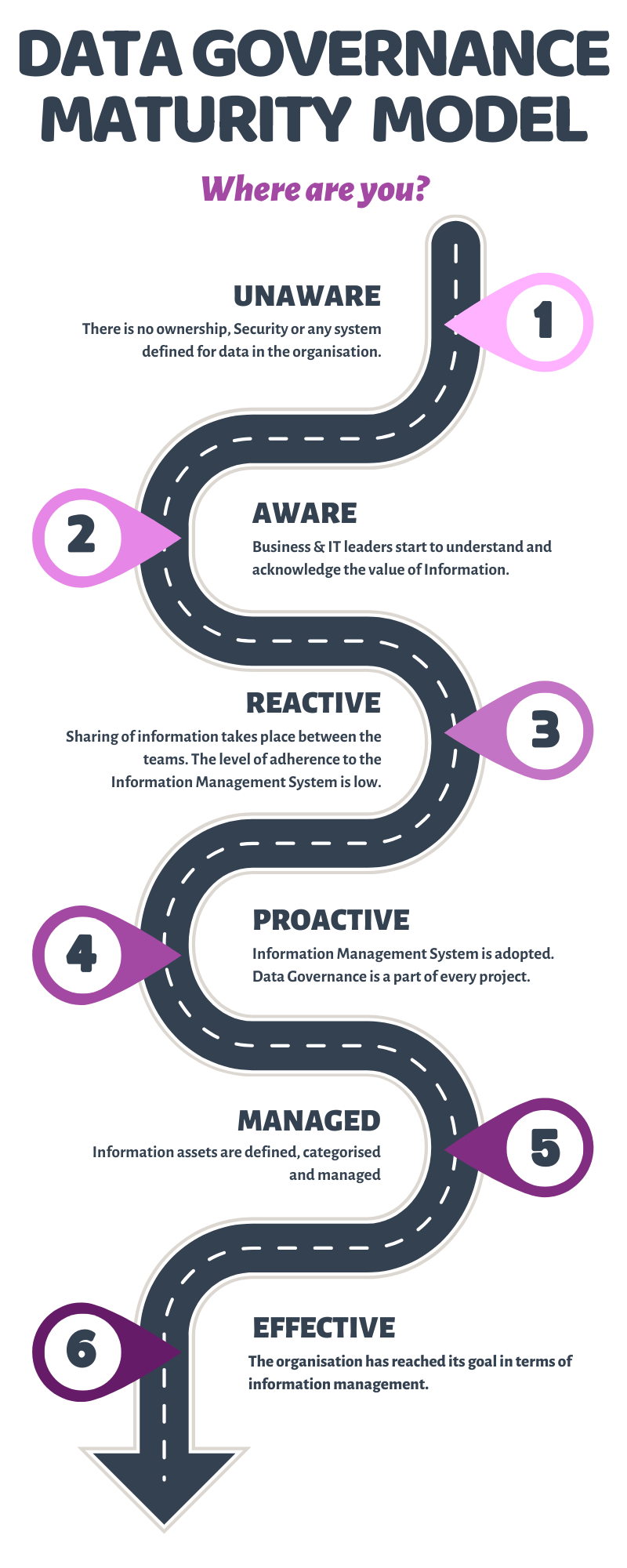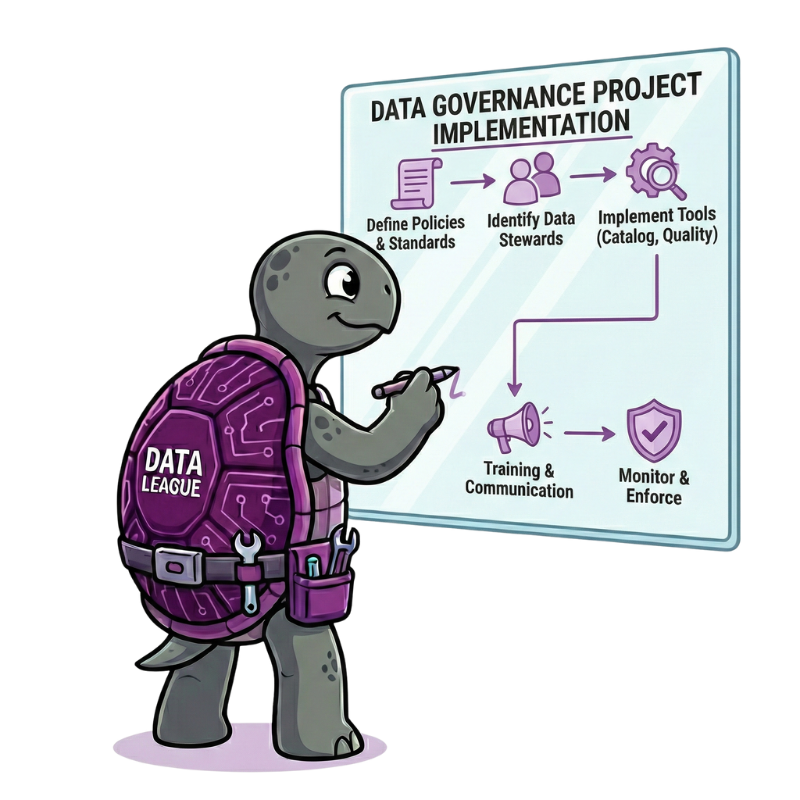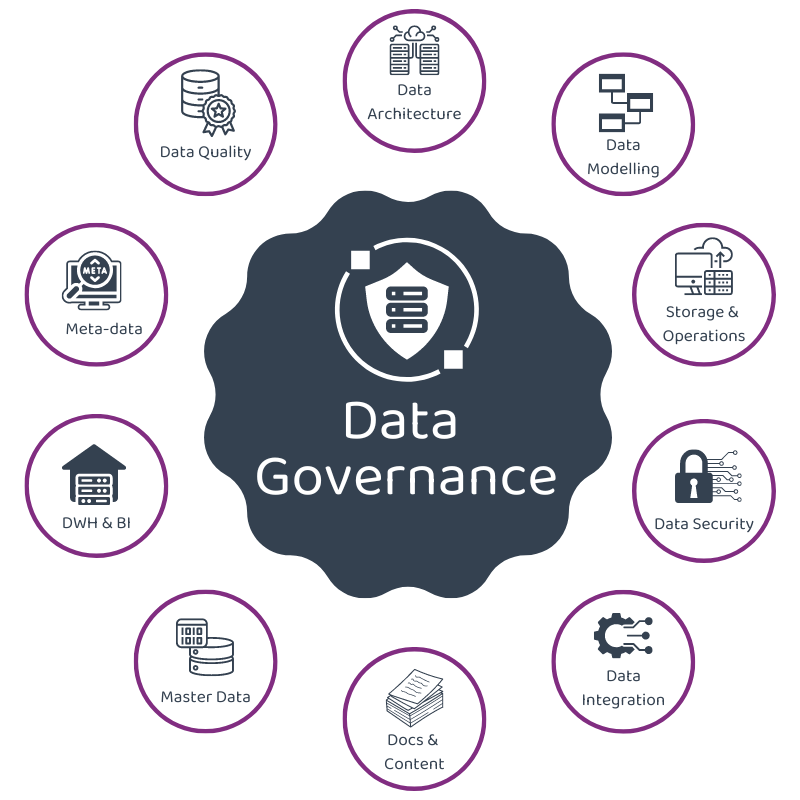Data governance is a critical aspect of data
management that refers to the set of policies,
procedures, and practices that organisations use to
manage their data assets. In today's data-driven
world, data governance has emerged as a strategic
priority for organisations of all sizes and
industries. The increasing volume, variety, and
complexity of data have made it essential for
organisations to have a well-defined data governance
strategy in place to ensure that data is trusted and
used effectively to achieve business objectives.
At its core, data governance encompasses the processes
for collecting, storing, processing, and sharing data
across an organisation. It also includes the rules and
standards for data quality, security, and compliance.
Effective data governance ensures that data is
accurate, complete, consistent, and timely, and that
it is used effectively to achieve business objectives.
Data governance is not just about establishing
policies and procedures; it is also about ensuring
that these policies and procedures are being followed
and enforced across the organisation. This requires a
culture of data governance that is fostered from the
top down. It requires the commitment and buy-in of all
stakeholders, including executives, managers, and
employees.







